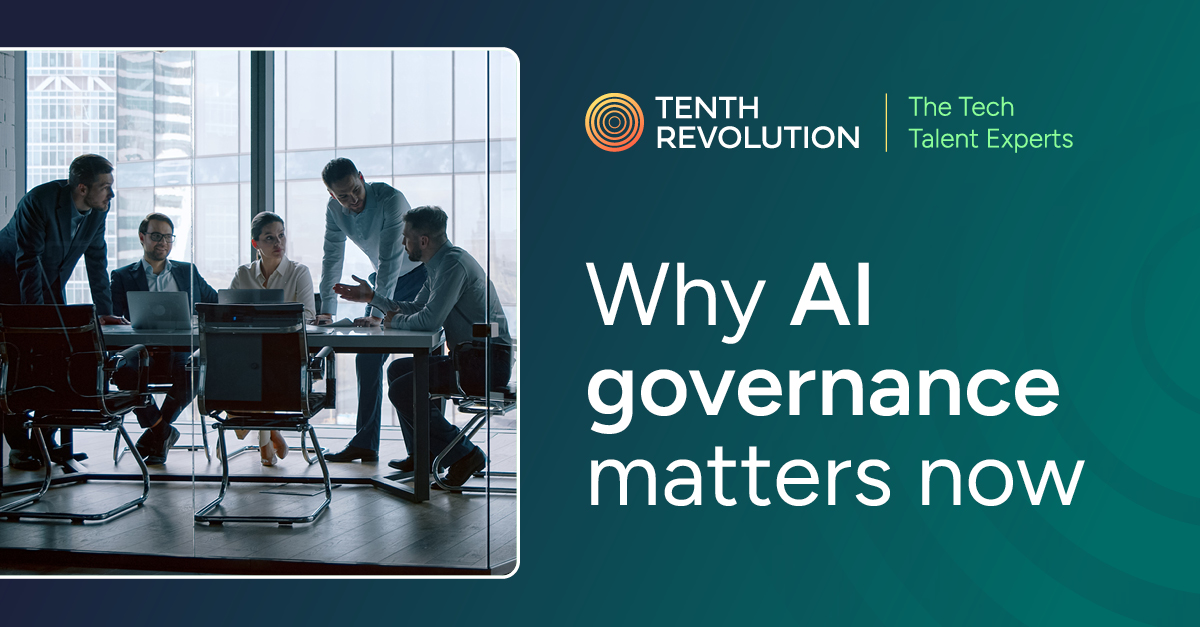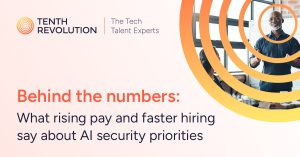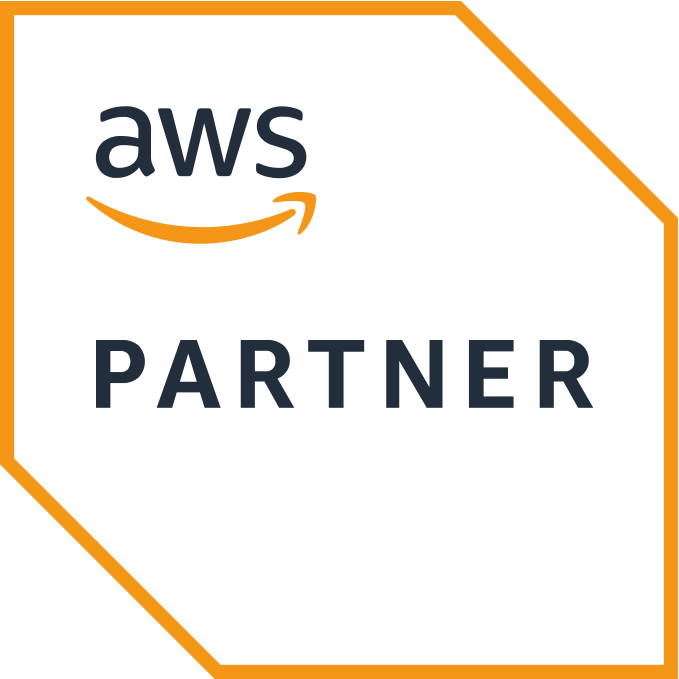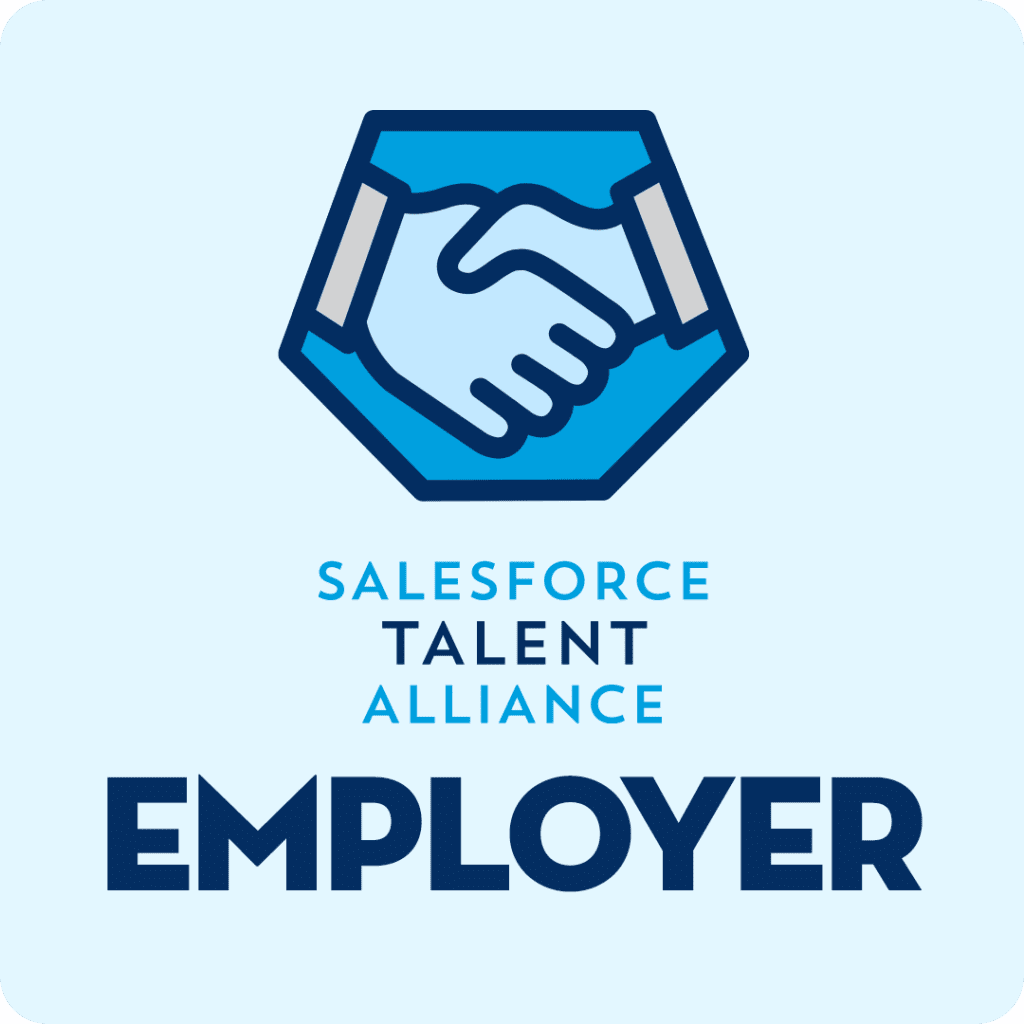Artificial intelligence is moving from experimentation to enterprise adoption, but regulation is catching up fast.
Executives who once asked, “What can this technology do?” are now asking, “How do we stay compliant while using it?” The reality is clear: governance has become a core requirement for any business using AI.
Regulation steps up
The European Union’s AI Act is the most comprehensive framework to date. It introduces detailed risk classifications, strict documentation requirements, and, in some cases, outright bans on harmful use cases such as social scoring or manipulative biometric systems. In the United States, the AI Bill of Rights and regulatory agencies such as the FTC are sharpening their enforcement stance. Financial services, healthcare, and life sciences regulators already expect explainability, audit trails, and controls on sensitive data.
Other regions are moving quickly as well. Brazil’s LGPD, China’s PIPL, and Canada’s Artificial Intelligence and Data Act all introduce rules that affect how global companies train and deploy AI models. In practice, this means that even organizations without European operations are having to align with international best practices to avoid compliance risks.
These measures signal a new era. Voluntary codes of conduct are being replaced with enforceable rules that carry financial and reputational consequences.
Strong governance frameworks depend on the right expertise. Tenth Revolution Group can connect you with trusted technology talent who understand both AI systems and compliance obligations.
What governance means in practice
AI governance is not just about producing compliance checklists at the end of a project. It is about embedding accountability and transparency into the entire lifecycle of a system. At a minimum, this includes:
- Risk classification of each AI application to determine oversight requirements.
- Audit trails to show how data was sourced, how it was used in training, and how models are monitored over time.
- Human oversight to ensure that critical decisions are not left entirely to algorithms.
- Data governance to manage sourcing, privacy, labeling, and retention in line with global standards.
- Clear accountability structures such as appointing a Chief AI Officer or creating a cross-functional governance council.
When these measures are in place, businesses can demonstrate to regulators, investors, and customers that they are using AI responsibly. They also reduce the risk of costly operational failures.
Industry lessons
The impact of governance is already visible across sectors. In financial services, transparent credit models are essential to avoid regulatory pushback and ensure customers are treated fairly. Healthcare providers must validate AI-driven diagnostics against strict patient safety and privacy rules. Manufacturers are documenting predictive AI supply chain tools to align with evolving safety regulations and to prove accountability if systems fail.
Retailers and logistics companies are also beginning to formalize governance processes. For example, e-commerce firms using AI to personalize customer experiences must now track and report how personal data is used, while transport operators applying AI for route optimization must ensure compliance with labor and safety standards.
If AI governance has become part of your license to operate, Tenth Revolution Group can provide the compliance-savvy professionals who make that possible
The payoff of early action
A common fear among executives is that regulation will slow down innovation. In practice, the opposite is happening. Strong governance provides the trust that customers, employees, and regulators need to embrace AI. It makes it easier to scale projects into new markets because compliance is built in from the start. It reduces the likelihood of costly fines or reputational crises.
Companies that act early also shape the conversation with regulators and industry peers, establishing themselves as leaders in responsible AI. This credibility becomes a competitive differentiator as customers increasingly choose to work with organizations they can trust.
For executives, the message is clear: governance is not an afterthought. It is now part of the license to operate. Those who embrace it will find they are not only safer but also better positioned to capture the full benefits of AI.
Looking for compliance-savvy specialists who can strengthen your AI governance?
We’ll connect you with trusted technology talent who combine technical expertise with regulatory awareness, so your AI systems are both innovative and compliant.











